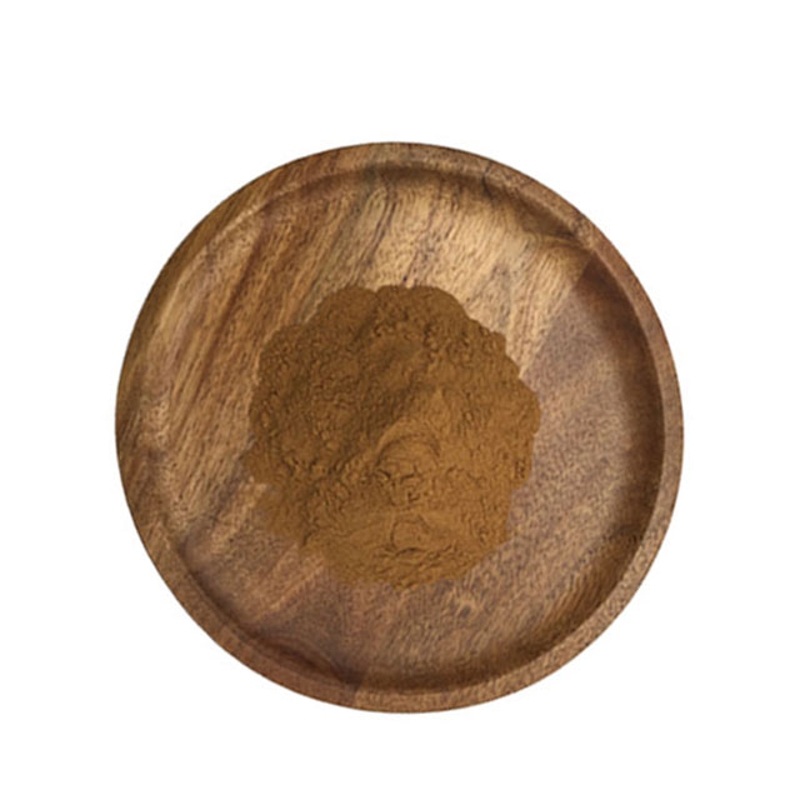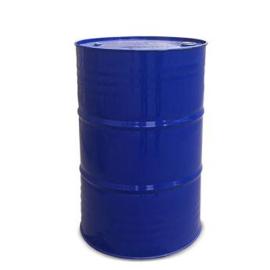-
Categories
-
Pharmaceutical Intermediates
-
Active Pharmaceutical Ingredients
-
Food Additives
- Industrial Coatings
- Agrochemicals
- Dyes and Pigments
- Surfactant
- Flavors and Fragrances
- Chemical Reagents
- Catalyst and Auxiliary
- Natural Products
- Inorganic Chemistry
-
Organic Chemistry
-
Biochemical Engineering
- Analytical Chemistry
- Cosmetic Ingredient
-
Pharmaceutical Intermediates
Promotion
ECHEMI Mall
Wholesale
Weekly Price
Exhibition
News
-
Trade Service
Crohn's disease (CD) is a chronic and relapsing inflammatory disease of the gastrointestinal tract with various symptoms that significantly impair patients' quality of life
.
The incidence of childhood CD has been steadily increasing worldwide , with approximately 25% of patients diagnosed during childhood and adolescence
Crohn's disease (CD) is a chronic and relapsing inflammatory disease of the gastrointestinal tract with various symptoms that significantly impair patients' quality of life
To complete this study, researchers retrospectively analyzed clinical data of pediatric patients with new-onset CD at the Children's Hospital of Zhejiang University between January 2013 and December 2018
.
Disease severity was scored according to the Crohn's Disease Endoscopic Severity Index (CDEIS), while clinical activity was assessed according to the Pediatric Crohn's Disease Activity Index (PCDAI)
Results: A total of 91 CD patients underwent one or more ileocolonoscopies (n=146), with a mean CDEIS of 7.
0 (95% CI 5.
7-8.
2) and a mean PCDAI of 20.
9 (95% CI 18.
3) for all pediatric CD patients –23.
5)
.
Linear analysis of CDEIS and PCDAI in pediatric patients with CD showed a moderate correlation (r=0.
Figure: Concordance between clinical activity and endoscopic severity in patients with Crohn's disease after induction therapy
Figure: Concordance between clinical activity and endoscopic severity in patients with Crohn's disease after induction therapyThis study identified a weak correlation between PCDAI and CDEIS in assessing severity in pediatric CD patients at first diagnosis and after induction therapy
.
During the diagnosis and follow-up of CD patients, a comprehensive assessment of PCDAI, CDEIS, and multiple laboratory factors should be used to comprehensively judge the severity of the disease in children
This study identified a weak correlation between PCDAI and CDEIS in assessing severity in pediatric CD patients at first diagnosis and after induction therapy
Original source:
Yu Yu.
Yu Yu.
Et al.
Poor Concordance Between Clinical Activity and Endoscopic Severity in Pediatric Crohn's Disease: Before and After Induction Therapy.
Digestive Diseases and Sciences.
2022.
Poor Concordance Between Clinical Activity and Endoscopic Severity in Pediatric Crohn's Disease: Before and After Induction Therapy .
leave a message here







